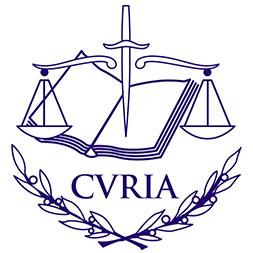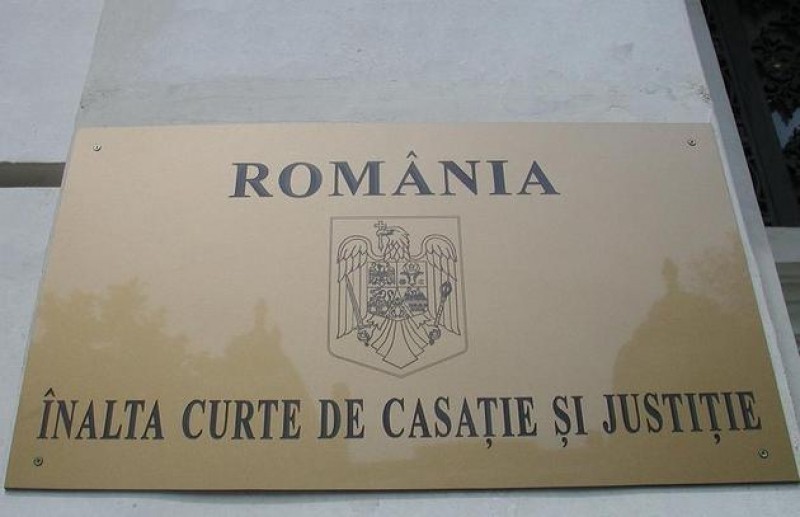In the academic article Contracted EU civil servants in EU common security and defence policy missions:
Procedural routes to judicial remedies, Graham Butler, a Full Professor of Law at the University of Southern Denmark, delves into the complex world of judicial remedies available to EU civil servants, particularly those contracted under the EU’s Common Security and Defence Policy (CSDP) missions. Despite the foundational guarantee of judicial review under EU law, a growing number of these civil servants find themselves navigating a legal labyrinth, absent the traditional staff regulations. Situated in the globe’s most volatile regions, these individuals face unique procedural challenges, from accessing remedies to deciphering the applicable law. Butler’s analysis not only highlights these difficulties but also advocates for the establishment of specific staff regulations to ensure equitable access to judicial protection for all.
In the dynamic landscape of the European Union’s (EU) Common Security and Defence Policy (CSDP) missions, a unique challenge has emerged, affecting the backbone of these operations: the civil servants deployed across the globe in various capacities. Traditionally, EU civil servants have enjoyed the right to judicial review against their employer under the comprehensive umbrella of EU law, facilitated through well-defined staff regulations. However, a distinct group finds itself navigating a more complex legal terrain: contracted civil servants working within CSDP missions outside the EU territories.
The pivotal role of CSDP missions in promoting the EU’s external security objectives necessitates a workforce that is not only diverse and skilled but also protected under a clear and fair legal framework. However, the absence of specific staff regulations for these contracted employees has led to significant procedural and legal challenges, particularly when it comes to seeking judicial remedies for employment disputes. This discrepancy not only impacts the individuals’ access to justice but also raises questions about the consistency and fairness of the EU’s employment practices.
The core issue stems from the fact that contracted civil servants in CSDP missions fall outside the scope of the traditional staff regulations, relying instead on individual contracts and Standard Operating Procedures (SOPs) that lack the legal robustness and clarity provided by formal regulations. This gap in the legal framework complicates their ability to seek redress and resolution in employment-related disputes, distinguishing them unfavorably from their counterparts within the EU institutional framework.
The Court of Justice of the European Union (CJEU) has grappled with these challenges, developing a body of case law that seeks to address the unique position of contracted civil servants in CSDP missions. Despite these efforts, the absence of specific staff regulations has led to persistent issues related to access to remedies, the determination of applicable law, and the differentiation between contractual and non-contractual disputes. These challenges underscore the need for a more structured and equitable approach to managing and protecting the EU’s external workforce.
The proposal for the introduction of specific staff regulations for contracted EU civil servants in CSDP missions is not only a call for legal clarity but also a step towards ensuring equal treatment and protection for all EU civil servants. Such regulations would standardize employment conditions, clarify the procedural routes to judicial remedies, and affirm the EU’s commitment to upholding the principles of fairness and accountability in its employment practices.
As the EU continues to expand its external actions through CSDP missions, the imperative to provide a stable and just working environment for its deployed workforce has never been more critical. Establishing specific staff regulations for contracted civil servants in these missions would bridge the current judicial gap, fostering a more cohesive, protected, and motivated workforce that is essential for the success of the EU’s global security and defense objectives.
Source:
Butler, G. (2023). Contracted EU civil servants in EU common security and defence policy missions: Procedural routes to judicial remedies. European Labour Law Journal, 14(3), 353–375. https://doi.org/10.1177/20319525231177001


